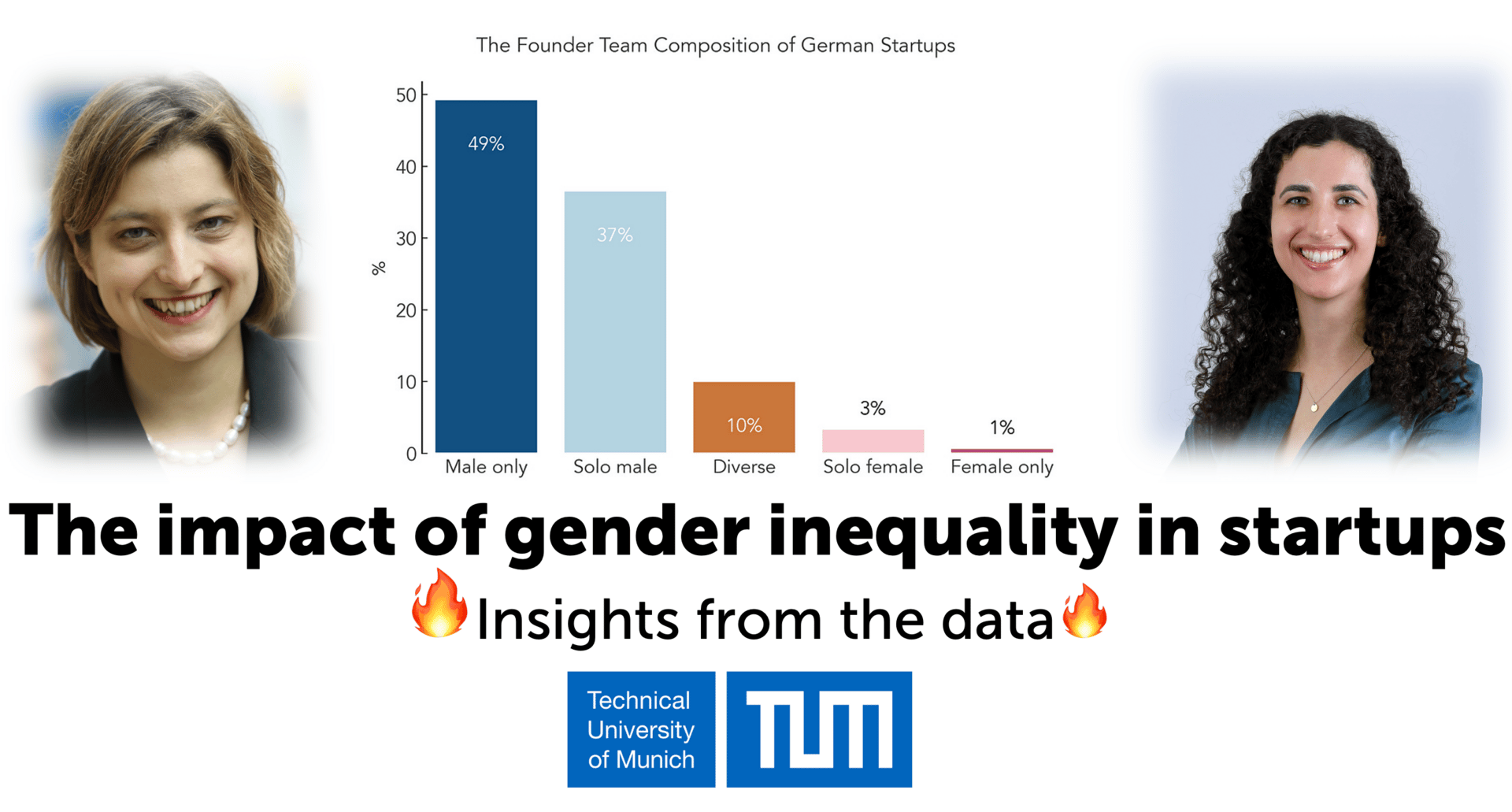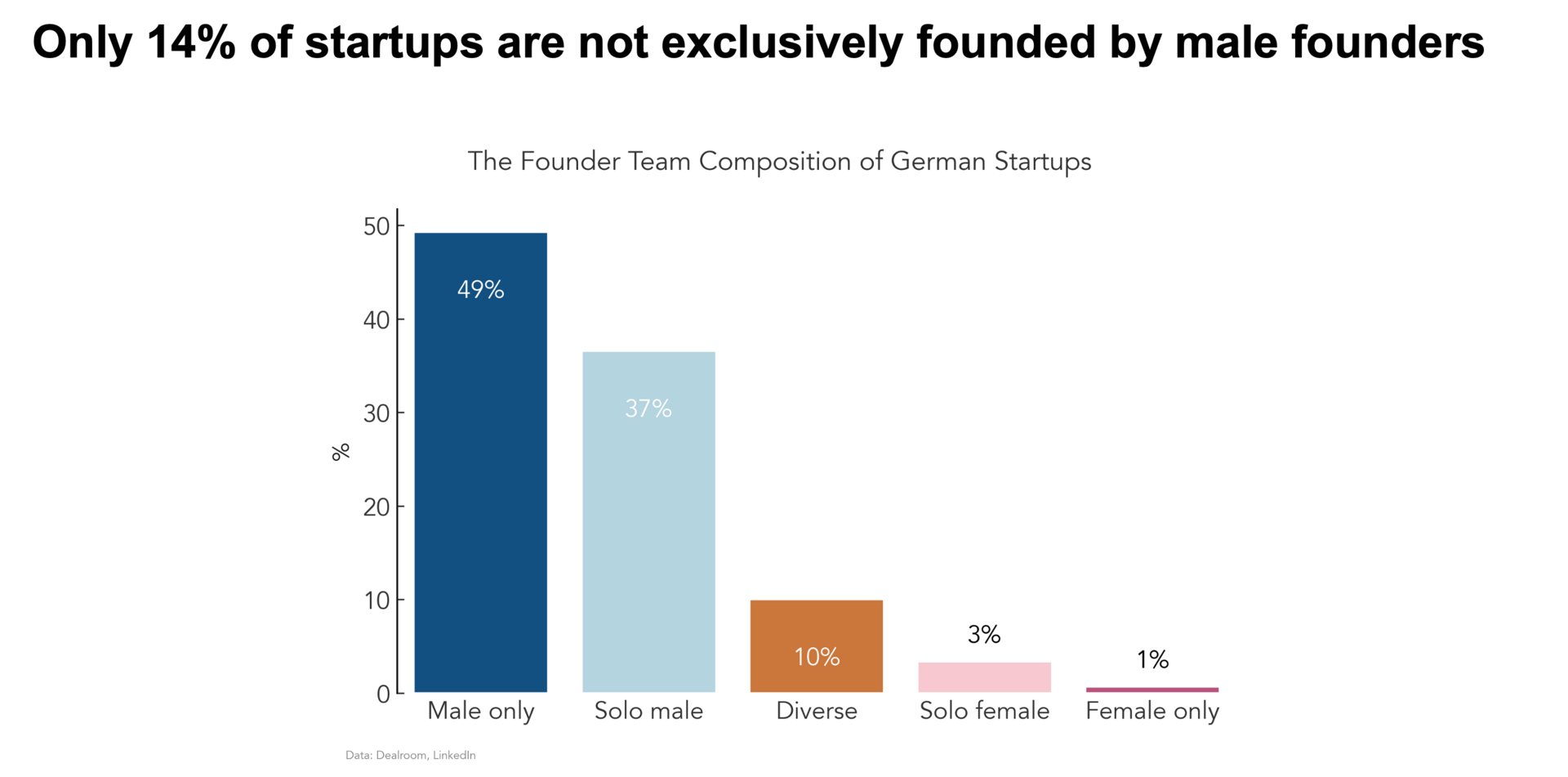👋 Hi, I’m Andre and welcome to my weekly newsletter, Data-driven VC. Every Thursday I cover hands-on insights into data-driven innovation in venture capital and connect the dots between the latest research, reviews of novel tools and datasets, deep dives into various VC tech stacks, interviews with experts and the implications for all stakeholders. Follow along to understand how data-driven approaches change the game, why it matters, and what it means for you.
Current subscribers: 6,560+, +200 since last week
Brought to you by Affinity - Find, manage, and close more deals with Affinity

Affinity Campfire brings together industry-leading dealmakers to explore what it means to be a part of the leading relationship intelligence ecosystem. Dive deeper into the importance of data-driven sourcing and what dealmaking will look like in 2023 as we navigate a changing global landscape.
Following my “Patterns of successful startups” post last year, 67% of you asked for dedicated episodes diving into the most interesting “Insights from the data” about startups, their founding teams and their investors. So here we go. Every piece will have a very specific focus, short and with clear takeaways. To kick off this series, we're diving into the diversity gap and its implications for the startup ecosystem. One of the most pressing problems in our industry.

I’m happy to have Professor Isabell Welpe and her PhD candidate Nadja Born from the Chair of Strategy and Organization at the Technical University of Munich (go TUM🚀) contribute this valuable guest post. Similar to Professor Dries Faems from WHU, who thankfully contributed last week’s guest episode “A blueprint to map entrepreneurial organizations”, Isabell and her team leverage data-driven approaches to analyze the future of work and organizational design within startups, among others.
Thank you, Isabell and Nadja, for sharing your important learnings about the impact of gender inequality in startups in your guest post below 🙏🏻

What the data reveals?
Despite the fact that women make up more than half of the world's population, they continue to be significantly underrepresented in entrepreneurship, where starting a new venture has long been dominated by men. Our analyses show that 86% of German startups are founded by all-male teams or solo male founders, while solo female founders or all-female founding teams remain the exception.
Why is this problematic?
Subscribe to DDVC to read the rest.
Join the Data Driven VC community to get access to this post and other exclusive subscriber-only content.
Join the CommunityA subscription gets you:
- 1 paid weekly newsletter
- Access our archive of 300+ articles
- Annual ticket for the virtual DDVC Summit
- Discounts to productivity tools
- Database Benchmarking Report
- Virtual & physical meetups
- Masterclasses & videos
- Access to AI Copilots

